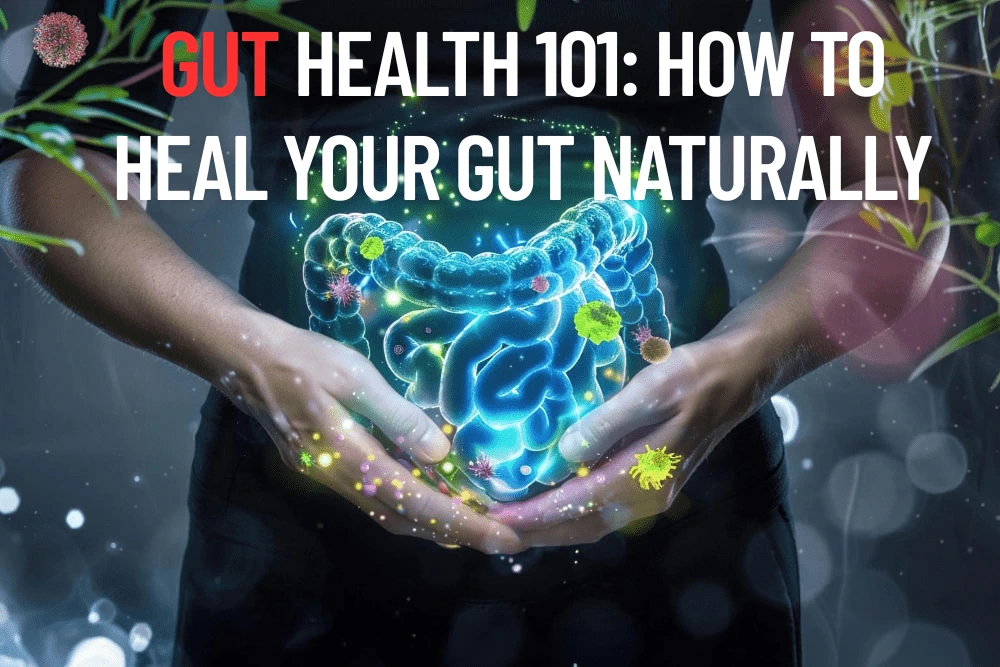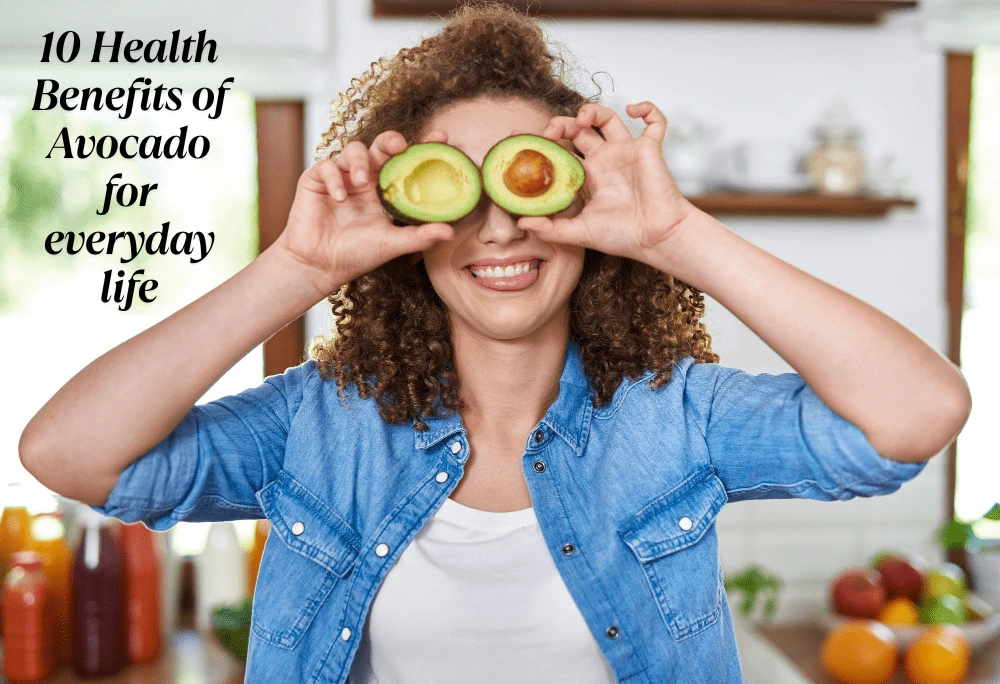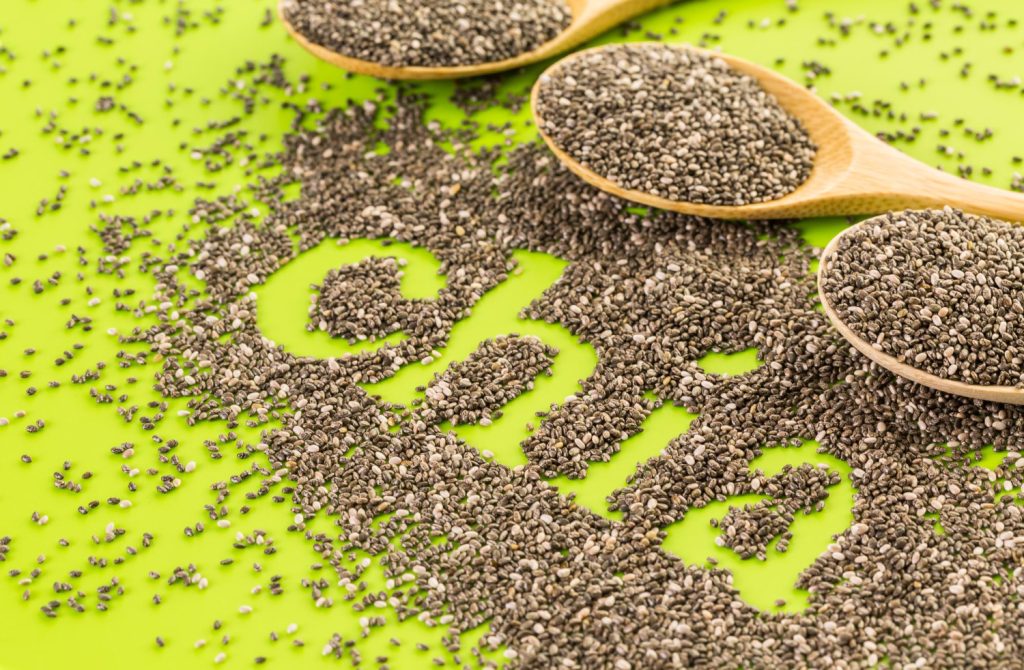Learn how to heal your gut naturally in 2025 using the latest science. Discover foods, habits, and holistic tips to restore gut health and improve digestion, mood, and immunity.
Introduction
Your gut is more than just a digestion center—it’s the command hub for your immune system, brain, metabolism, and even mood. In 2025, the importance of gut health is at an all-time high, with cutting-edge research proving what holistic traditions have long known: healing your gut is key to healing your body.
In this updated guide, we’ll walk you through how to heal your gut naturally, using the latest science-backed strategies, including diet, lifestyle, and supplements. Whether you’re dealing with bloating, fatigue, brain fog, or more serious issues like IBS or leaky gut, this is your roadmap to real healing.
What Is Gut Health—and Why Does It Matter?
Your gut microbiome is a vast community of trillions of bacteria, fungi, and other microorganisms living primarily in your intestines. When in balance, this system:
- Helps you digest food
- Absorbs nutrients
- Supports the immune system
- Produces key neurotransmitters like serotonin
- Fights off harmful bacteria and viruses
But when things go wrong—due to stress, processed foods, antibiotics, or toxins—it can result in gut dysbiosis, leading to symptoms like:
- Bloating or gas
- Food sensitivities
- Constipation or diarrhea
- Brain fog
- Anxiety or depression
- Skin issues like acne or eczema
Signs Your Gut Needs Healing
- Digestive problems (bloating, irregular bowel movements)
- Chronic fatigue or brain fog
- Autoimmune symptoms or inflammation
- Frequent infections or poor immunity
- Mood disorders or stress intolerance
- Skin issues that don’t respond to topical treatments
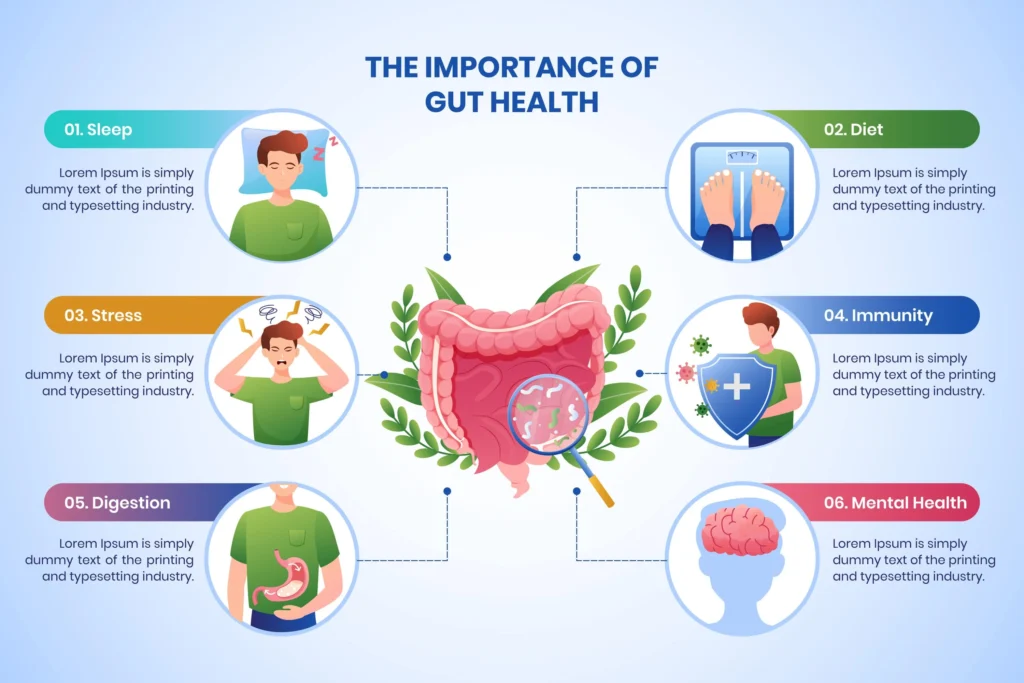
How to Heal Your Gut Naturally in 2025
1. Start with a Gut-Friendly Diet
What you eat is the #1 driver of gut health. In 2025, these are the top nutrition rules for healing:
Eat More:
- Fermented foods: Yogurt, kefir, kimchi, sauerkraut, kombucha
- Prebiotic-rich foods: Garlic, onions, asparagus, leeks, green bananas
- Fiber: Whole fruits, vegetables, legumes, chia and flax seeds
- Bone broth: For collagen and amino acids that heal the gut lining
- Omega-3s: Fatty fish, chia seeds, walnuts (reduce inflammation)
Avoid or Minimize:
- Processed sugar and refined carbs
- Artificial sweeteners (especially sucralose and aspartame)
- Industrial seed oils (canola, soybean, corn oil)
- Excessive alcohol and caffeine
- Gluten and dairy (if intolerant)
Pro Tip (2025 Update): Focus on plant diversity—aim for 30+ different plant-based foods per week to maximize microbiome resilience.
2. Reduce Stress (It’s Crucial!)
Stress disrupts your gut-brain axis, increases gut permeability (“leaky gut”), and negatively alters your microbiome.
Try these daily stress-reducing practices:
- Breathwork or meditation (5–10 minutes/day)
- Grounding walks in nature
- Yoga or gentle movement
- Journaling or gratitude practice
The brain and gut are connected. A calm mind = a calmer gut.
3. Improve Your Sleep
Poor sleep throws your microbiome out of balance. Studies in 2025 continue to show that 7–9 hours of quality sleep improves digestion, mood, and inflammation levels.
Tips for better sleep:
- Shut off screens 1 hour before bed
- Try magnesium or herbal teas (like chamomile or lemon balm)
- Keep a consistent sleep schedule
4. Use Gut-Supportive Supplements (If Needed)
Supplements can help during the healing phase but should complement—not replace—a whole-foods diet.
Top 2025 recommendations:
- Probiotics: Choose a multi-strain, clinically tested brand
- Prebiotics: Like inulin, acacia fiber, or partially hydrolyzed guar gum
- L-Glutamine: Supports intestinal repair and leaky gut healing
- Digestive enzymes: Aid in breaking down food
- Zinc carnosine or slippery elm: Soothe gut lining inflammation
Always consult your doctor or a qualified health provider before starting supplements.
5. Detox Your Environment
Environmental toxins—pesticides, plastics, household chemicals—can stress your microbiome. Try to:
- Use glass or stainless steel instead of plastic
- Choose organic produce when possible (esp. the Dirty Dozen)
- Use natural cleaning and personal care products
- Filter your water (look for carbon + fluoride filters)
6. Track and Personalize
What works for one gut may not work for another. In 2025, tools like gut microbiome tests, AI food trackers, and wearable tech help personalize your approach.
Consider:
- Journaling your symptoms, foods, and moods
- Testing your microbiome through providers like Viome or Zoe
- Working with a functional medicine doctor or nutritionist
Sample One-Day Gut Healing Meal Plan
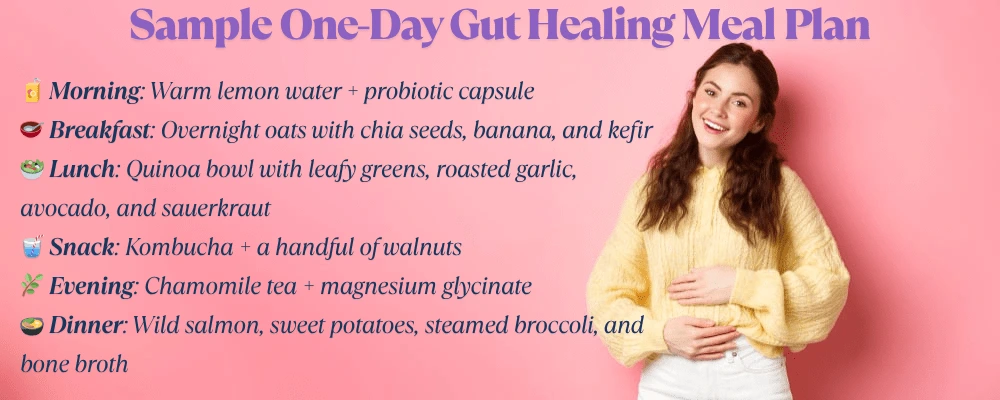
Conclusion
In 2025, healing your gut naturally is no longer guesswork—it’s a targeted, evidence-based process rooted in real food, mindful living, and personalized care.
When your gut thrives, so do you. Take it one step at a time, and trust that small daily habits—like sipping bone broth or meditating for five minutes—can transform your health from the inside out.

